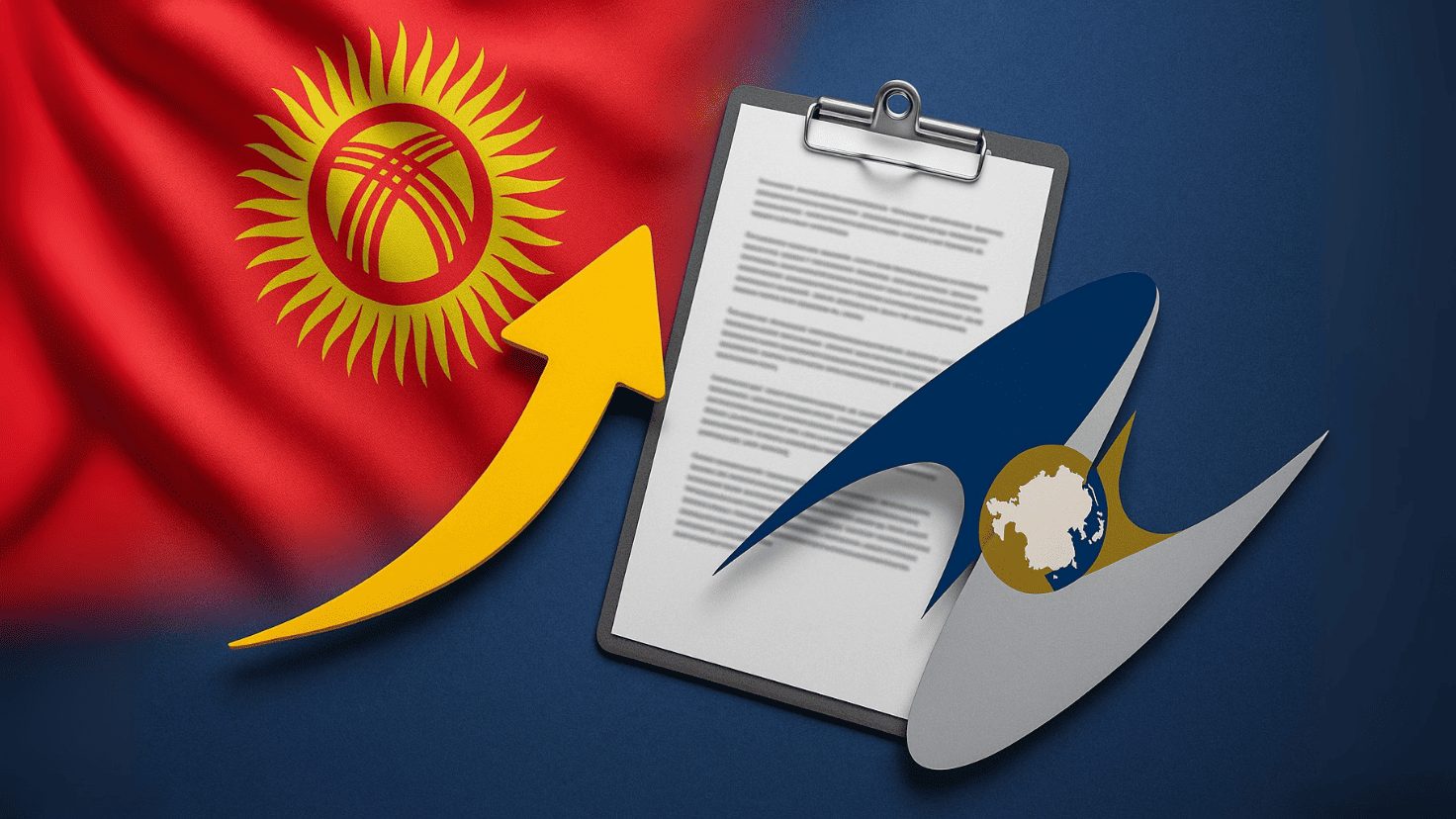Kyrgyzstan is entering a pivotal stage in its regulatory evolution. On July 16, 2025, the Cabinet of Ministers of the Kyrgyz Republic formally adopted a set of amendments aimed at supporting the country’s transition from a national regulatory model to the unified medicines market of the Eurasian Economic Union (EAEU).

Table of content
The amendments officially titled “On Amendments to Certain Decisions of the Cabinet of Ministers of the Kyrgyz Republic in the Sphere of Assessing the Quality of Medicines and the Safety of Medical Devices” went into effect July 31, 2025. As Kyrgyzstan integrates into the EAEU system, these measures play a crucial role in preventing market disruption, preserving access to critical medicines, and protecting both public health and supply chain stability.
The transition affects pharmaceutical manufacturers, importers, regulatory teams, and healthcare providers, making clarity and predictability more important than ever. With harmonization efforts now accelerating, this set of amendments provides a clear framework to guide stakeholders through the remaining stages of the regulatory shift.
Regulatory Continuity: Avoiding Gaps in Oversight and Approval
One of the most pressing risks during a transition of this scale is regulatory limbo where products fall between old and new rules, delaying approvals or forcing temporary withdrawals from the market. To prevent such disruptions, the Kyrgyz government has confirmed that existing national-level decisions related to drug quality and medical device safety will remain valid through July 31, 2025.
This regulatory continuity ensures that healthcare systems and supply chains remain functional during the switch, while manufacturers are given time to adjust their documentation, data, and procedures to meet EAEU standards. This also allows the Department of Medicines and Medical Devices under the Ministry of Health to continue issuing and enforcing national approvals until the new system is fully in place.

Sustaining Market Availability: Protecting Patients and Product Access
Equally important is ensuring that products already circulating in the Kyrgyz market don’t disappear due to administrative gaps. The amendments explicitly allow for the continued sale and distribution of medicines that were registered under Kyrgyzstan’s national authorization process even if those products have not yet completed their EAEU registration.
These products will remain legally available until they are either registered under the EAEU framework or until current stock is exhausted. This provision is vital in protecting patient access, particularly for essential or hard-to-substitute therapies, and helps prevent shortfalls while regulators work through the remaining transition milestones.
Cross-Recognition of EAEU Approvals: A Path to Greater Access
Kyrgyzstan’s amended policy now permits the recognition of regulatory decisions made by other EAEU member states in cases where there is no equivalent product available domestically. This shift supports the broader EAEU goal of creating a truly unified market, in which registration in one member state can facilitate faster and more efficient access in others.
For Kyrgyzstan, this cross-recognition mechanism provides a faster route to patient access for products not yet registered nationally, reducing redundancy, expediting time to market, and addressing supply constraints. It also lowers the administrative burden on both regulators and manufacturers, especially for products that meet stringent safety and efficacy criteria under existing EAEU registrations.
Local Compliance Timeline
Perhaps the most critical date to keep in focus is December 31, 2025. By this deadline, all medicinal products intended for sale in Kyrgyzstan must be registered under the EAEU’s unified procedures.
After this point, national-only registrations will expire, and no new product will be allowed to enter the market unless it has been reviewed and approved through the EAEU’s centralized framework. This final cutoff marks the completion of Kyrgyzstan’s harmonization process and signals full regulatory integration with the EAEU.
For companies, it means a hard stop on using legacy registration pathways and a strong incentive to accelerate any pending submissions under the new format. Failure to meet this deadline could result in suspended product access, marketing delays, and compliance complications, especially for companies with large portfolios or multiple products still awaiting transition.
Grace Period for Pre-Transition Imports
To ease the pressure on manufacturers and importers, the amendments also introduce a grace period for medicinal products imported into Kyrgyzstan prior to the EAEU deadline. These products may continue to circulate beyond January 1, 2026, as long as they remain within their approved shelf life.
Importantly, no additional regulatory actions or re-registrations will be required for these products, provided they meet this shelf-life requirement. This provision allows distributors to clear existing inventory without penalty and avoids the premature removal of safe, effective therapies from the market.
For regulatory teams, it also offers breathing room enabling a smoother transition and more efficient planning without disrupting product availability.
Key Transition Dates
| Date | Milestone |
| July 16, 2025 | Official publication of amendments |
| July 31, 2025 | Amendments take legal effect |
| December 31, 2025 | Final deadline for full EAEU-aligned product registration |
| January 1, 2026 | Expiration of national-only registrations; full EAEU framework applies |
Why This Matters for MedTech and Pharma Stakeholders
This regulatory shift is more than a procedural update. It represents a strategic realignment of Kyrgyzstan’s regulatory system with international best practices and regional harmonization goals. The transition to the EAEU framework strengthens quality, safety, and consistency across borders while offering manufacturers access to a larger, unified market with a single set of rules.
For MedTech and pharmaceutical companies, these amendments offer a blend of structure and flexibility. They safeguard continuity in the short term, while clearly mapping the requirements for long-term compliance.
Companies that act early to transition their portfolios and processes will be best positioned to avoid delays and seize new market opportunities under the EAEU umbrella.
RegDesk: Your Partner in EAEU Regulatory Navigation
Regulatory change is complex, but it doesn’t have to be chaotic. At RegDesk, we help life sciences organizations navigate evolving regulatory landscapes, manage shifting timelines, and stay ahead of compliance requirements across markets.
As Kyrgyzstan’s transition accelerates, our platform enables you to track registration changes, streamline submissions, and ensure your product strategies stay aligned with the EAEU’s centralized model. Whether you’re updating dossiers, seeking cross-recognition, or preparing new market entries, RegDesk gives you the tools and intelligence you need to move with confidence.
Author: Taylor Esser
How Can RegDesk Help?
RegDesk is an AI-powered Regulatory Information Management System (RIMS) designed to simplify global compliance for medical device companies. With regulatory intelligence covering 120+ markets, RegDesk helps you prepare and publish global submissions, manage standards, conduct impact assessments, and stay ahead of regulatory changes all from a single, centralized platform. Expanding into new markets has never been easier.

